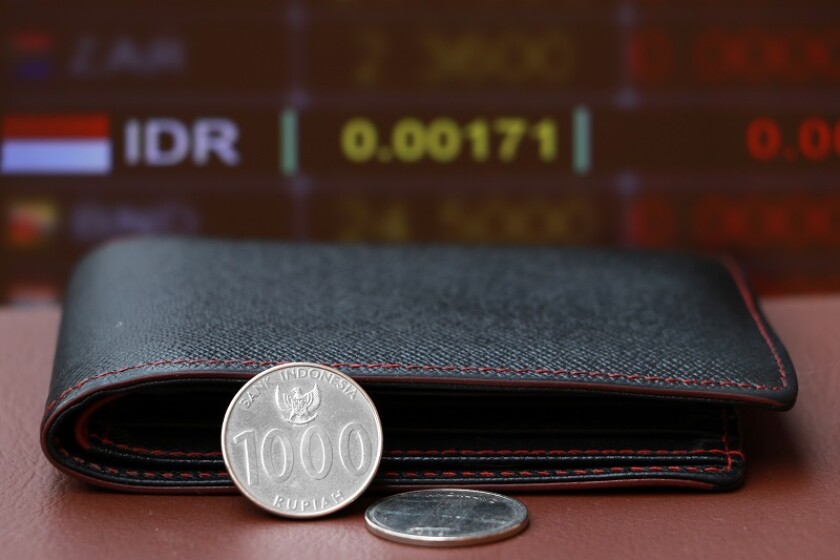Nine years after it first stepped in to regulate the e-money sector in Indonesia, the central bank (Bank Indonesia) has responded to technological change by issuing a new regulation to supersede Bank Indonesia Regulation 11/12/BIR/2009 on electronic money (BIR 11/12). Besides making the necessary changes to encompass the latest developments in the e-money sector, the new regulation – Bank Indonesia Regulation 20/6/BIR/2018 (BIR 20/6) – also places restrictions on foreign ownership and introduces new minimum capitalisation requirements for all e-money issuers.
While BIR 11/12 was silent on foreign investment in the e-money sector, BIR 20/06 now limits foreign participation, whether direct or indirect, to a maximum of 49% in an e-money issuer. Further, any foreign investment must be made in the form of a limited liability company established under Indonesia's foreign direct investment regime (locally known as a PMA company). E-money issuers that obtained a licence before BIR 20/6 entered into force must comply with the foreign ownership restrictions if they experience a change of ownership that results in foreign shareholding or an increase in foreign shareholding.
In addition, BIR 20/6 requires every e-money issuer (whether a local or PMA company) to have paid-up capital of at least IDR 3 billion ($204,300), and to gradually increase its minimum paid-up capital in line with any increase in its floating fund during the previous year (January to December).
The required capital increases are regulated as follows: minimum paid-up capital of IDR 6 billion for a floating fund of between IDR 3 billion and IDR 5 billion; IDR 10 billion for a floating fund of between IDR 5 billion and IDR 9 billion; and, IDR 10 billion plus three percent of the floating fund, in the case of a floating fund that exceeds IDR 9 billion.

|

|
Elsie F Hakim |
Rully Hidayat |
